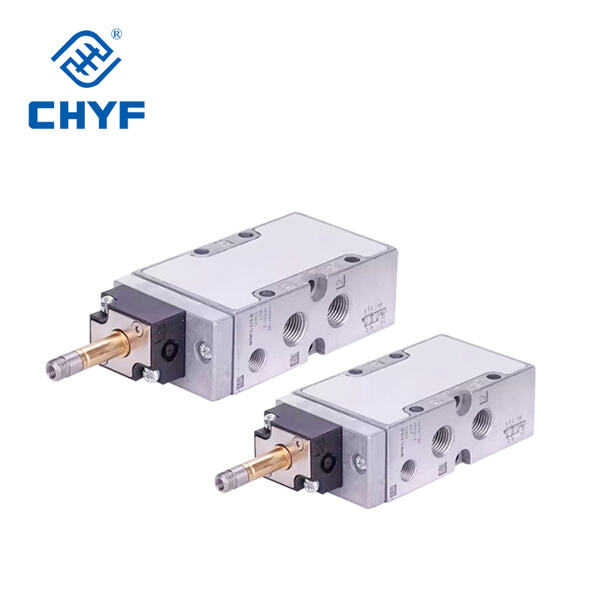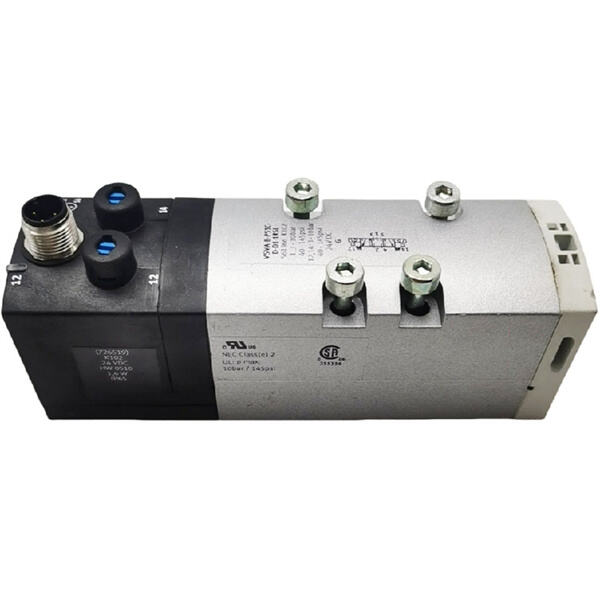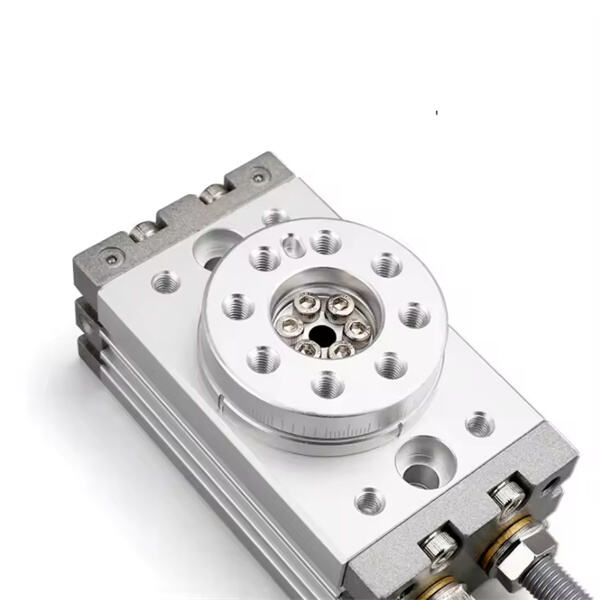Tel:+86-577 61727673
E-posta:[email protected]
Tel:+86-577 61727673
E-posta:[email protected]
Pneumatik valf aktüatörleri, işlevlerine yardımcı olan makinelerin bileşenleridir. Bu aktüatörler, makinenin hareket etmesini ve neyi yaptığına izin veren ‘kasları’dır. Bu dersimizde bu Pneumatik aktüatör nasıl çalıştığını, neden ihtiyaç duyulduğunu ve farklı endüstrilerde nerede kullanıldıklarını öğreneceğiz.
Pneumatik valv aktüatörleri, makinalardaki valvlere aç kapa yardımı eden cihazlardır. Bu aktüatörler, valvlere hava basıncıyla hareket verir ve bu süreç daha kontrol edilebilir ve otomatik hale gelir. Bu aktüatörler genellikle fabrika, petrol ve gaz, su işleme gibi yerlerde kullanılır ve bu sayede makineler daha iyi ve daha hassas çalışır.
Pneumatik Valv Aktüatörlerinin Çalışması Pneumatik valv aktüatörleri, bir piston veya diaframın valvi çalıştırmak için hava basıncını kullanarak hareket ettirilmesiyle çalışır. Piston veya diafram, hava basıncının uygulanmasına veya serbest bırakılmasına göre hareket eder ve böylelikle valfi açar veya kapatır. Bu, bir makinedeki sıvıların veya gazların hareketini yönetmeye yardımcı olabilir ki bu da makinenin iyi çalışmasını sağlar.

Makinelerdeki pnömatik valf aktüatörleri birçok avantaja sahiptir. Bunlardan biri de genellikle çok güvenilir olmasıdır. Atık su uzmanları, belki de en temel avantajlarının olduğunu söylüyor. çift eylemli pneumatik silindir dayanıklı ve uzun ömürlüdür, bu da onu çeşitli endüstriyel sektörler için cazip bir seçenek haline getirir. Ayrıca kolay kontrol edilebilirler ve makinelerle hassas bir şekilde kullanılabilirler. Bunlara ek olarak pnömatik aktüatörleri kullanmak da güvenlidir çünkü kıvılcım veya ısı oluşturmazlar ve bu özellikleri onları tehlikeli alanlar için uygun hale getirir.

Farklı görevler için farklı türlerde aktüatör vardır, bu nedenle her makine ve sanayi için doğru aktüatörleri bulurken boyut önemli bir faktördür.

Pneumatik valf aktüatörleri, çeşitli görevler için endüstri boyunca uygulanır. Endüstride, üretim hatları üzerinde malzemelerin ve sıvıların akışını düzenlerler. Petrol ve gazda, boru hattı ve rafinerilerdeki valfleri çevirirler. Su tedavisinde, su ve kimyasalların su tedavi tesisleri aracılığıyla akışını yönetirler. Genel olarak, Pneumatik kontrol bileşenleri diğer endüstrilerdeki makinelerin ve süreçlerin etkili bir şekilde çalışmasını sağlamakta crucialsunlardır.